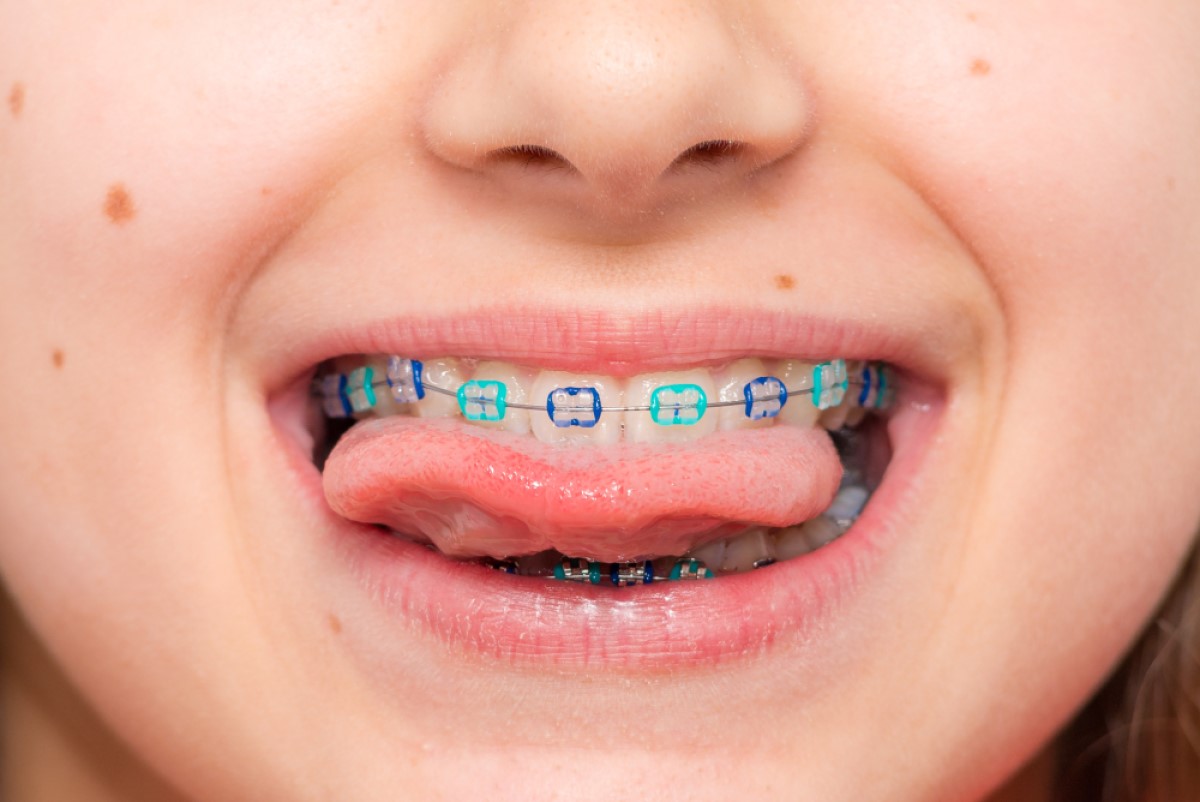A beautiful smile can light up a room and boost confidence. Orthodontic treatment, particularly braces, plays a pivotal role in achieving straight teeth and a healthy bite. However, timing is crucial. This article explores the question: What is the best age for teeth braces? and provides insights on ensuring optimal oral health during the process.

Introduction to Braces and Their Importance
Braces are orthodontic devices used to correct misaligned teeth and jaws. They address a range of issues, including crowding, spacing, and bite problems. Properly aligned teeth are easier to clean, reducing the risk of cavities and gum disease. Moreover, they enhance speech, chewing efficiency, and self-esteem.
Why Timing Matters
The age at which braces are applied can significantly affect treatment outcomes. Identifying the right time ensures effective results and minimizes complications.
What is the Best Age for Teeth Braces?
The ideal age for braces often depends on individual dental needs. However, most orthodontists recommend starting evaluation around age 7. This early assessment allows for timely intervention and helps address developmental issues before they worsen.
Braces for Children
Between ages 10 and 14, children experience significant jaw growth, making this period ideal for braces. During this time:
-
Bone Adaptability: The jaw is more malleable, allowing teeth to shift efficiently.
-
Shorter Treatment Duration: Younger patients often require less time to achieve desired results.
Braces for Teens and Adults
For teens who missed early treatment, braces remain effective. Adults can also benefit, although the process may take longer due to matured bone density.
The Braces Process: What to Expect
Understanding the braces process helps alleviate anxiety and ensures smoother treatment. Here's what typically happens:
Initial Consultation
The orthodontist evaluates dental alignment, bite issues, and overall oral health using X-rays and impressions. This step determines the type of braces best suited for the patient.
Fitting the Braces
Once a treatment plan is established:
-
Preparation: Teeth are cleaned, and spacers may be placed if needed.
-
Braces Application: Brackets are bonded to teeth, and wires are threaded through them.
-
Adjustments: Regular visits are required to tighten wires and monitor progress.
Duration of Treatment
On average, braces are worn for 18 to 24 months, though this varies based on the complexity of the case.
Benefits of Getting Braces at the Right Age
-
Improved Oral Health: Straighter teeth are easier to clean, reducing plaque buildup and preventing gum disease.
-
Enhanced Aesthetics: Braces correct gaps and misalignments, creating a balanced smile.
-
Better Functionality: Proper alignment improves bite, making chewing and speaking more efficient.
Post-Treatment Care for a Healthy Smile
Ensuring a long-lasting smile doesn't end with removing braces. Post-treatment care is crucial.
Retainers
After braces, retainers are essential to maintain alignment. They prevent teeth from shifting back to their original positions.
Oral Hygiene Practices
-
Brushing and Flossing: Continue a rigorous dental hygiene routine. Use interdental brushes for hard-to-reach areas.
-
Regular Dental Visits: Schedule check-ups every six months to monitor oral health.
Dietary Considerations
Avoid sticky and hard foods that can damage teeth or the retainer. Instead, opt for soft, nutritious options.
Common Questions About Braces
Can Adults Get Braces?
Yes, braces are effective for adults. Clear aligners and ceramic braces offer discreet options.
Do Braces Hurt?
Some discomfort is normal after adjustments, but it's manageable with over-the-counter pain relievers.
How Much Do Braces Cost?
Costs vary based on type and duration, but many orthodontists offer payment plans.
Conclusion
Determining what is the best age for teeth braces? depends on individual needs, but early evaluation is key. Whether for a child, teen, or adult, braces are a proven solution for achieving a healthy, confident smile. With proper care and timely intervention, anyone can enjoy the lifelong benefits of orthodontic treatment.





